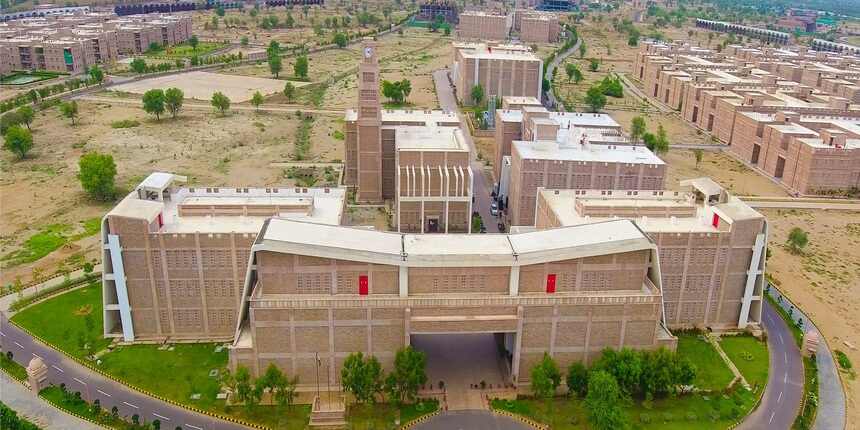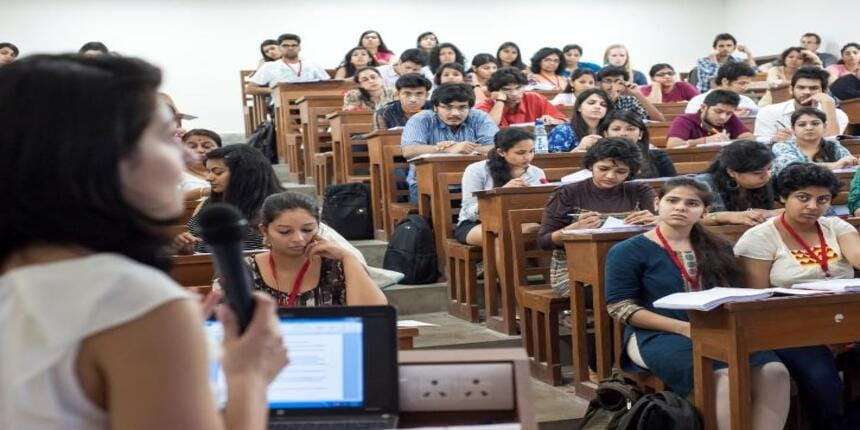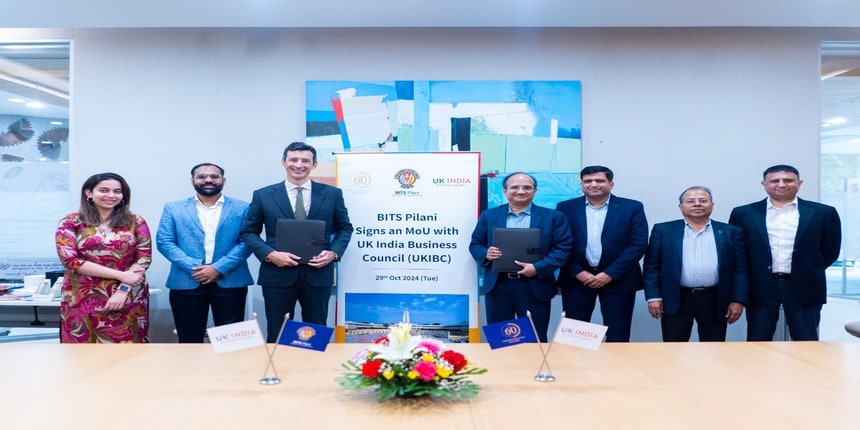IIT Jodhpur researchers develop nanosensor to detect cytokinesis, track disease progression
The sensor developed by IIT Jodhpur researchers utilizes Surface Enhanced Raman Spectroscopy to identify analytes, even at minimal concentrations.

Alivia Mukherjee | April 8, 2024 | 05:11 PM IST
NEW DELHI: Indian Institute of Technology Jodhpur (IIT Jodhpur) researchers developed a nanosensor for the rapid detection of Cytokines, a class of proteins that regulate multiple cells. This development attempts to minimize death rates caused by delayed diagnosis and a lack of early warnings. Furthermore, this technology holds significant potential for swift and on-the-spot health monitoring, diagnosing diseases, predicting outcomes, and tracking immune responses.
Currently, the most extensively used methods for cytokine detection are enzyme-linked immunosorbent assay (ELISA) and polymerase chain reaction (PCR). These procedures are reliable but time-consuming, requiring skilled staff and a sample preparation or analysis duration of more than 6 hours. In contrast, the sensor created by IIT Jodhpur requires only 30 minutes and is less expensive.
Capable of detecting trace-level molecules
The devised sensor from the IIT Jodhpur utilizes Surface Enhanced Raman Spectroscopy to identify analytes, even at minimal concentrations. It relies on semiconductor process technology and operates on the Surface Enhanced Raman Scattering (SERS) principle. Consequently, this method becomes robust, enabling the detection of minute molecules with precision and specificity.
Paired with AI
The newly created sensor is paired with artificial intelligence (AI) for swift and precise data processing and analysis. By facilitating quicker and more reliable diagnoses of autoimmune diseases and bacterial infections, this sensor has the potential to revolutionize patient care. It enables prompt diagnosis and monitoring of a patient's condition, guiding the course of their treatment effectively.
Also read IIIT Bangalore launches postgraduate certificate programme in cloud and DevOps
Speaking on future scope, Ajay Agarwal, department of electrical engineering, IIT Jodhpur, said, “This technique which is currently in its development stage has provided exciting and encouraging results for three biomarkers i.e. interleukin-6 (IL-6), interleukin-β (IL-β), and TNF-α which are key pro-inflammatory cytokines, released by inflammatory cells. As of now, the testing is done for controlled samples, but the team aims to take the technology to clinical trials soon. The group is also using this technique to develop detection protocols for the early-stage and quick diagnosis of Sepsis and Fungal infections.”
Follow us for the latest education news on colleges and universities, admission, courses, exams, research, education policies, study abroad and more..
To get in touch, write to us at news@careers360.com.




